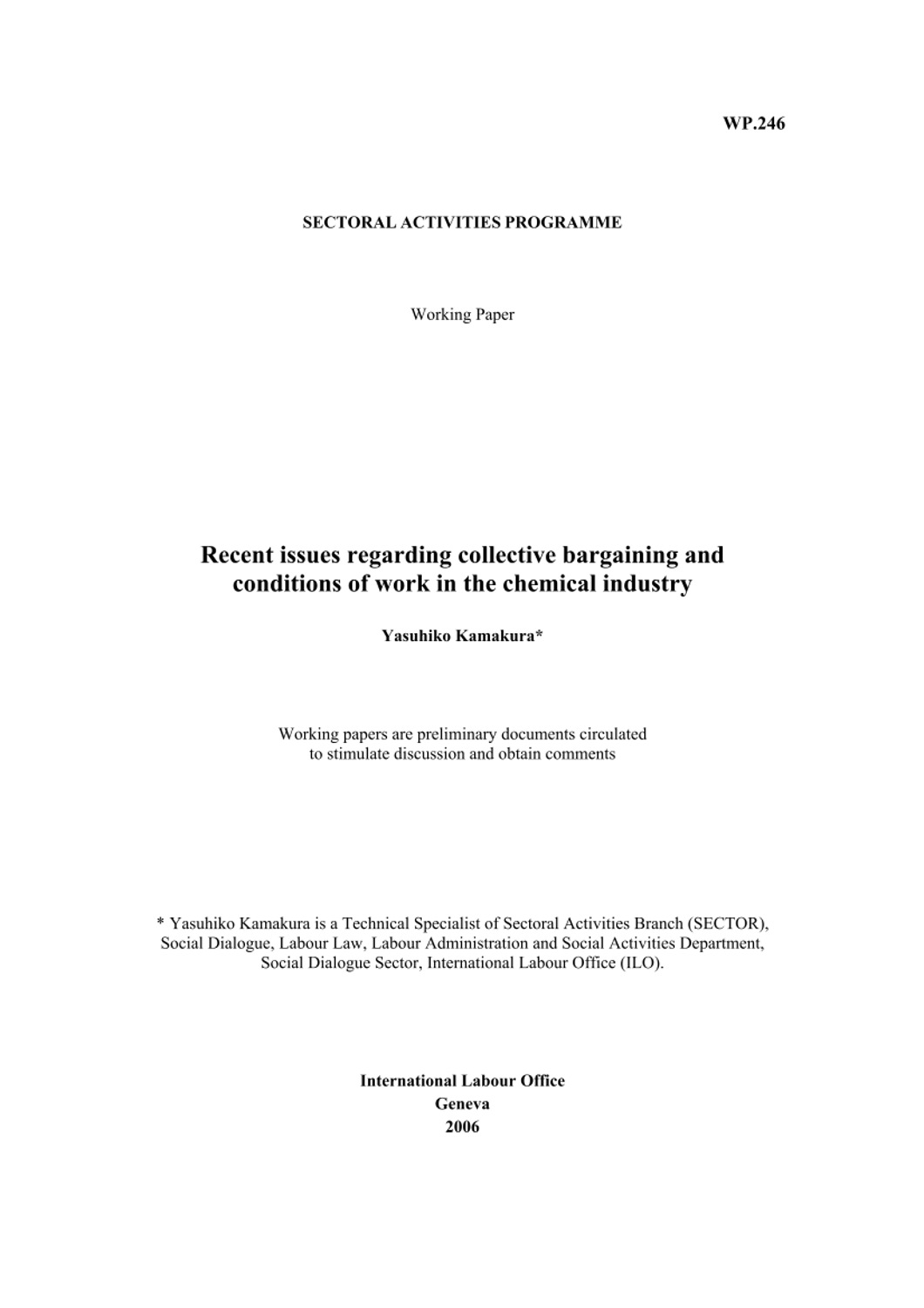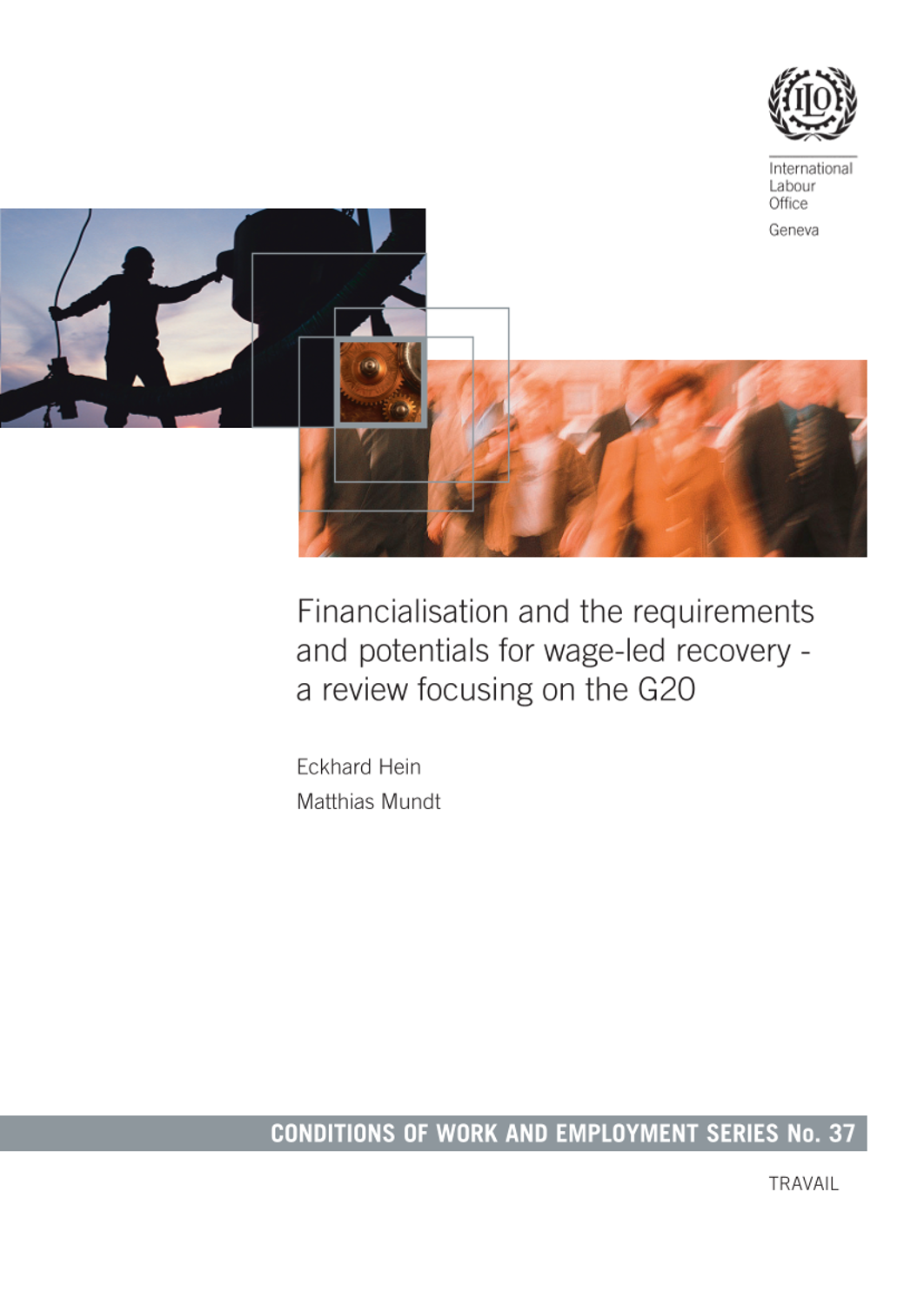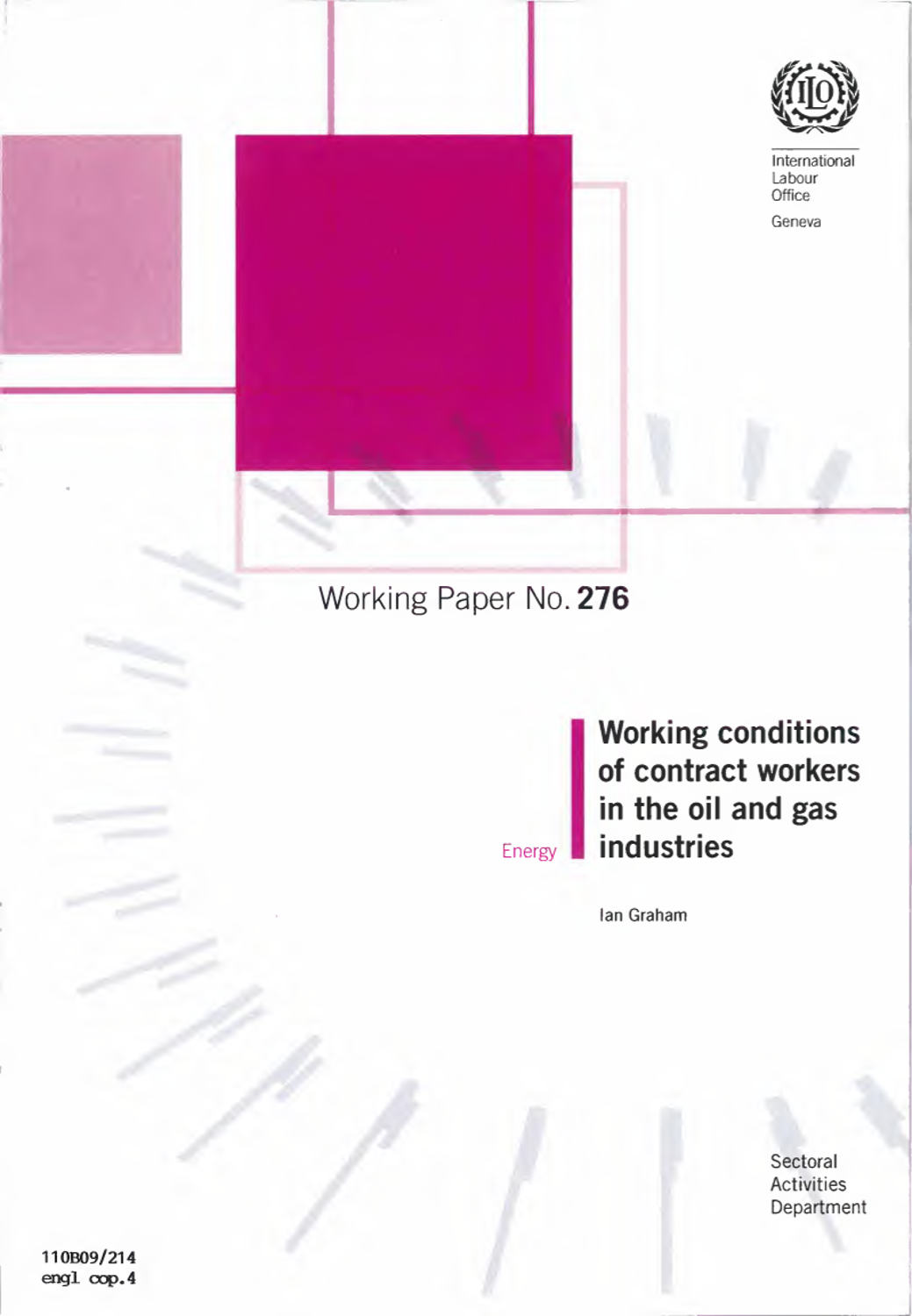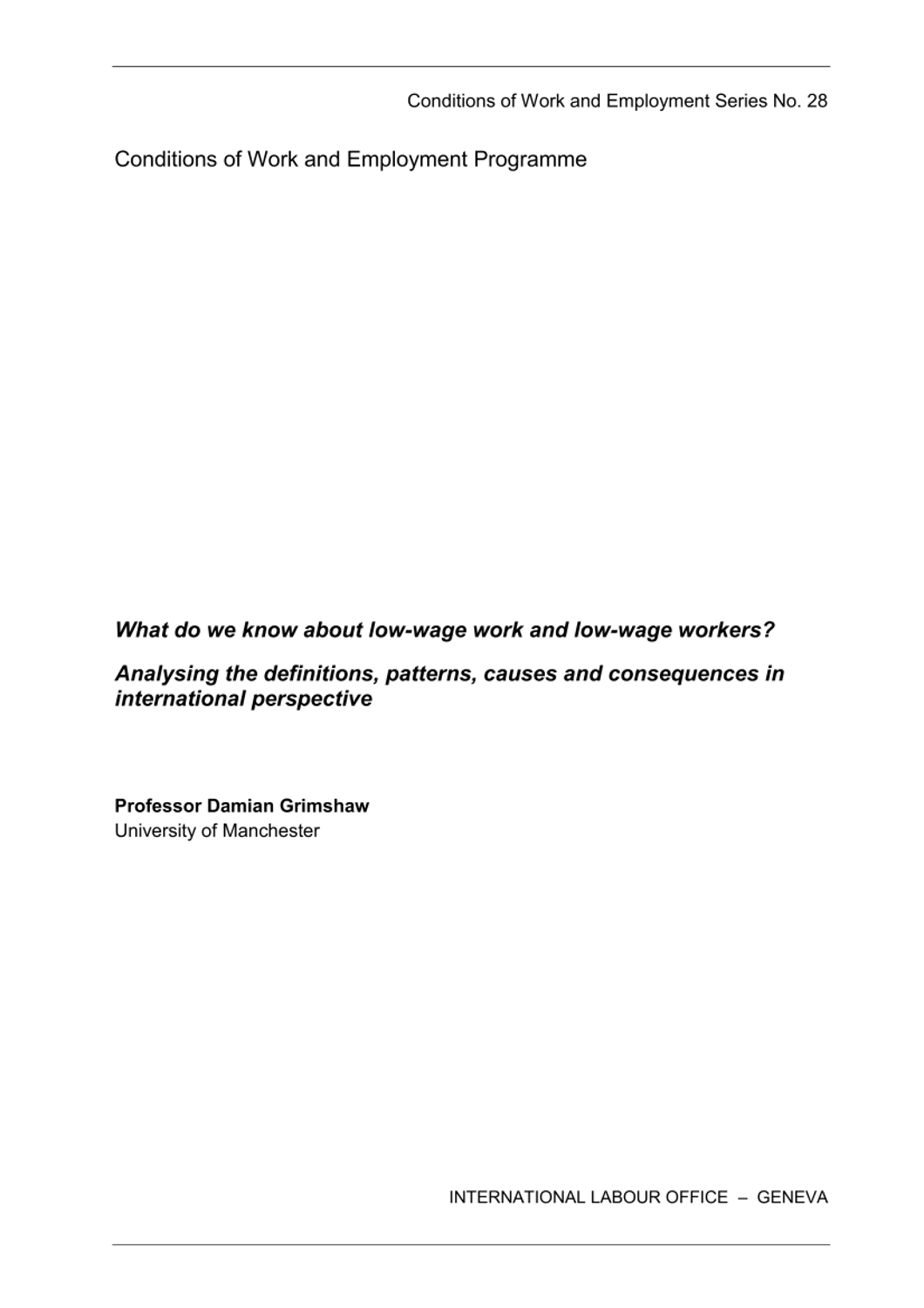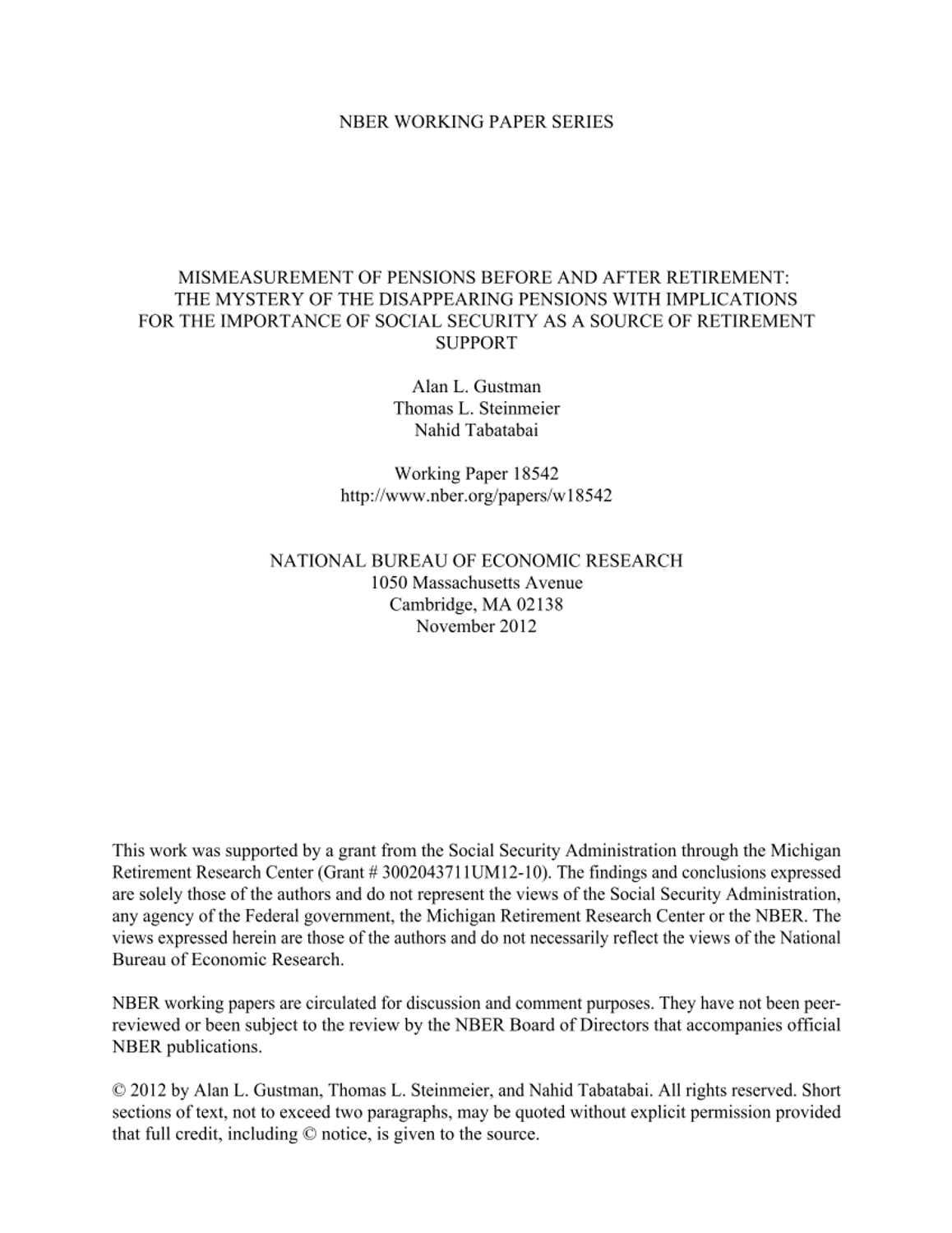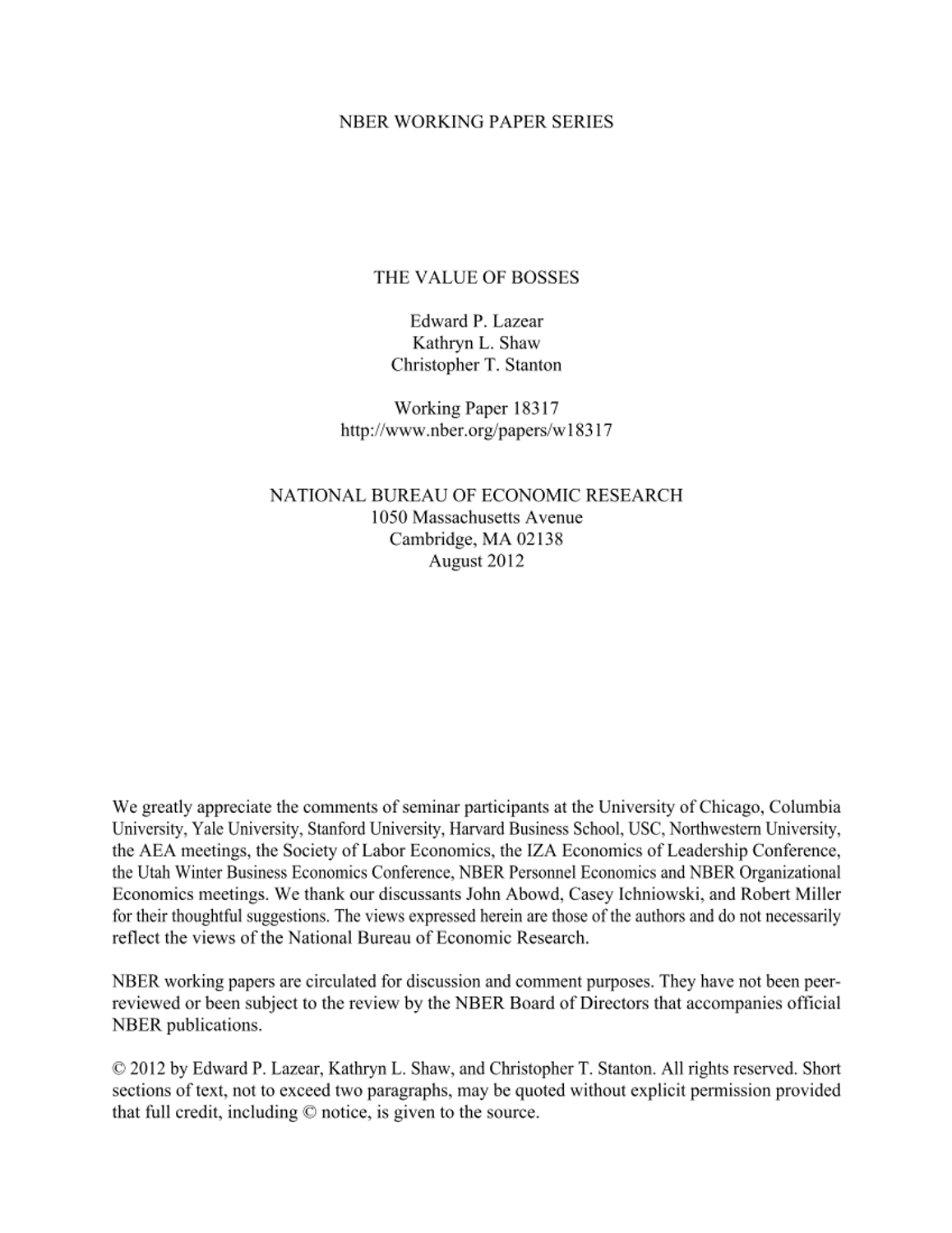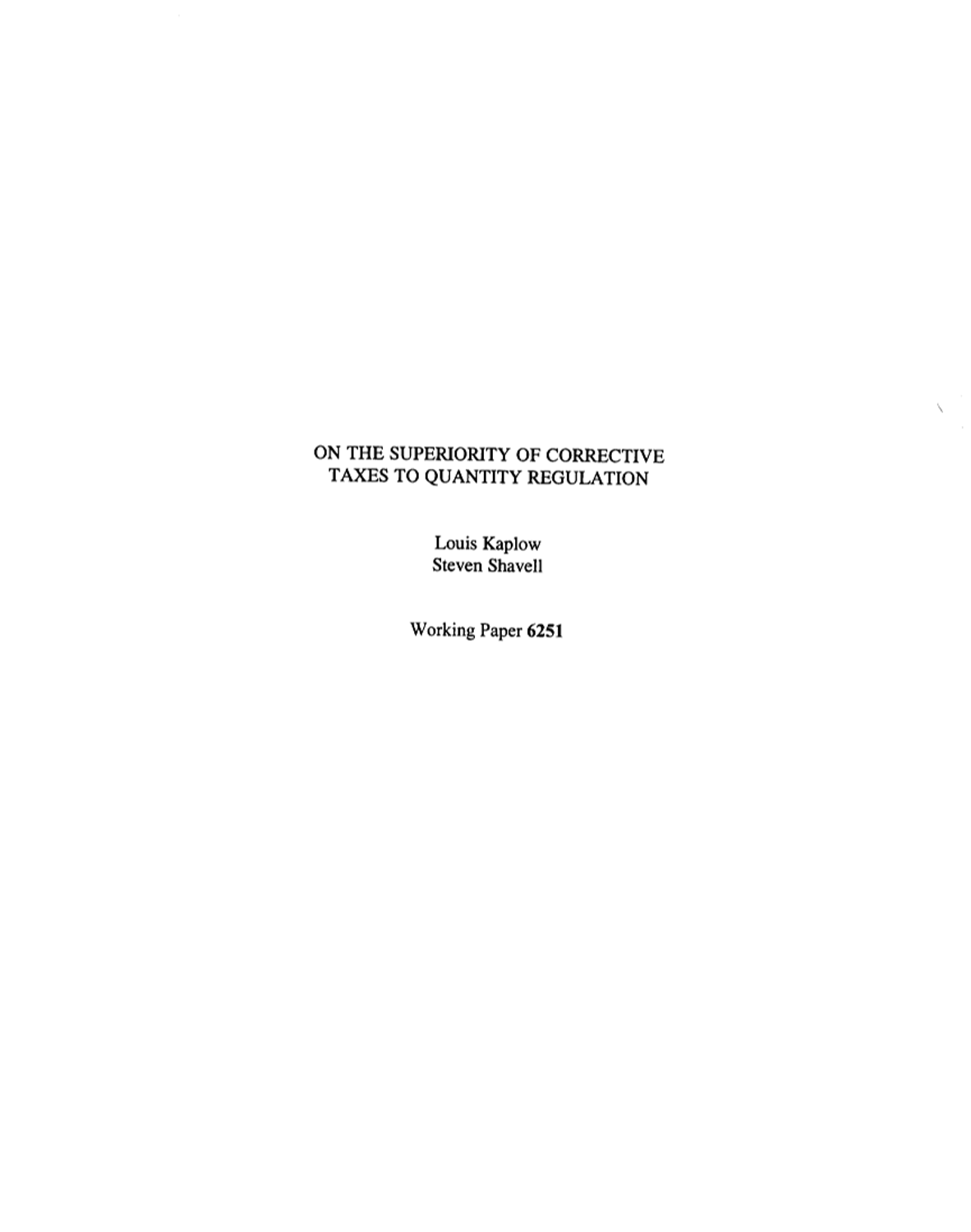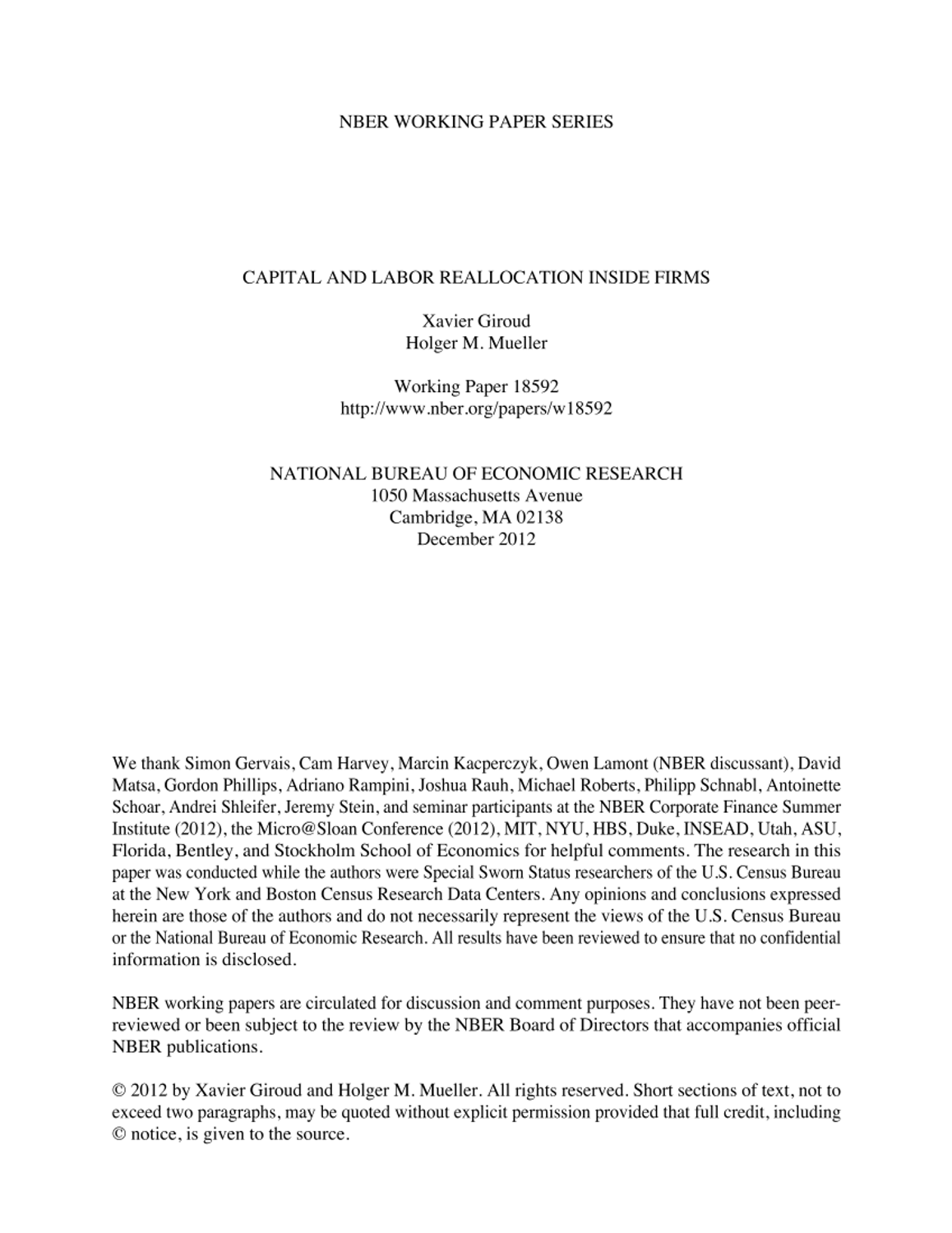연구보고서ILO Working Paper 246
Recent issues regarding collective bargaining and conditions of work in the chemical industry
- 청구기호
- WP 246
- 발행사항
- Geneva : ILO, 2011
- 형태사항
- 139 p. :. PDF file ;. 1,598 KB
소장정보
| 위치 | 등록번호 | 청구기호 / 출력 | 상태 | 반납예정일 |
|---|---|---|---|---|
이용 가능 (1) | ||||
| E0001709 | 대출가능 | - | ||
이용 가능 (1)
- 등록번호
- E0001709
- 상태/반납예정일
- 대출가능
- -
- 위치/청구기호(출력)
책 소개
This working paper explores existing best practices in industrial relations and collective bargaining in the chemical industry. This study outlines essential elements for good industrial relations in the industry, including ways in which collective bargaining can contribute to healthy employer-employee relations. This study found that the chemical industry is a showcase of best practices of industrial relations. Although there is no one best model of collective bargaining, sectoral and company negotiations have advantages and disadvantages. Decentralization of collective bargaining has recently become an overwhelming trend in the chemical industry. A shift from centralized or regional sectoral bargaining to the company or plant level has occurred because of the need to achieve increased flexibility at the company level to accommodate workers’ and employers’ needs. Sectoral bargaining and company-level bargaining remain equally important. To protect the interests and improve the conditions of work for those who are outside the unionized workforce, sectoral bargaining and sectoral collective agreements remain vital. Collective bargaining plays a central role in industrial relations. Promoting collective bargaining in the chemical industry is the first step towards realizing the Decent Work Agenda in the chemical industry.

